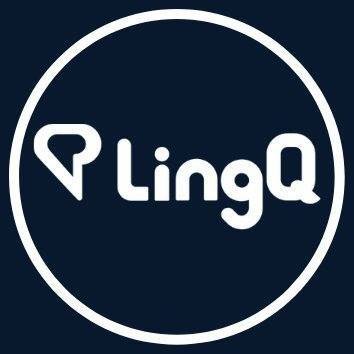35+ Resources For Learning Malay – Lots of Free Options!
Take a look at our list of resources for learning Malay. This list features lots of beginner-friendly resources in Malay as well as free ones.
Some of these Malay learning resources are comprehensive and others cater to helping you practice and improve specific language skills. We’re sure you’ll find those that best meet your language needs.
…35+ Resources For Learning Malay – Lots of Free Options!Read More »
35+ Resources For Learning Malay – Lots of Free Options! Read More »










